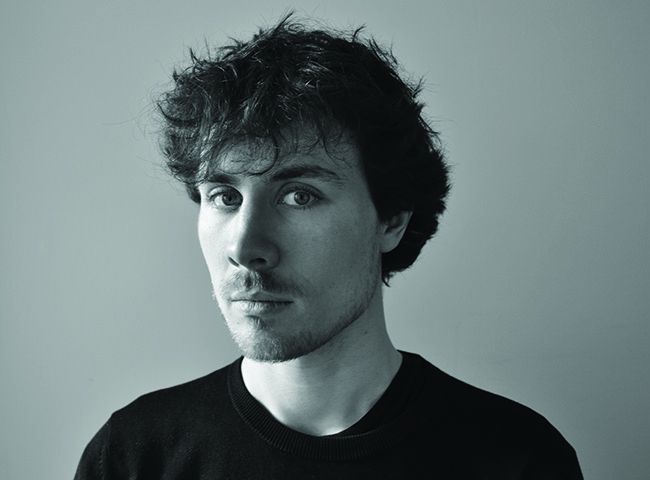
Rory Murphy is an Irish composer and music theorist. His work has a primary focus on notation, in
particular on experimental and invented notation, dealing with the phenomenology of performance and
interpretation and often operating through multi-sensory and three-dimensional approaches in order to
create a more embodied interaction for the performer.
His most recent project is Cneas, a notation-installation for alto flute which was premiered by Sara Di
Costanzo in Assisi in September 2025, and developed there while artist-in-residence at Arte Studio
Ginestrelle. This piece marks the true beginning of a practice of "somatosensory notation", or notation
which utilises the performer's sense of touch exclusively.
Other recent projects include aspects, a set of seven preludes for Andrew McPherson's Magnetic
Resonator Piano for which he received an Agility Award from Arts Council Ireland in 2024, and the
creation of a new compositional tool for the generation and progression of hexadic harmonic structures
(which can be heard in works such as The Children of Lir and frequency illusion), for which he also
received an Agility Award in 2023. He has twice received grants from Tónskáldasjóður RÚV og STEFs
(RÚV and STEF Composer's Fund, Iceland), for the initial work on aspects (2023) and for the project
Hilling, a notation-installation in textiles (2022).
He received his M.Mus. in Composition from Iceland University of the Arts (2023) and B.A. in Music from
Trinity College Dublin (2018, first class honours), and completed an Erasmus Graduate Traineeship in
Artistic Research at Orpheus Institute in Ghent, Belgium (2024).
His music has been performed publicly in Belgium, Iceland, Ireland, Italy, and Northern Ireland, by Sara
Di Costanzo, Meliora Quartet, Xenia Pestova Bennett, Quatuor Flume, Caput Ensemble, Edda
Óskarsdóttir, Messíana Kristinsdóttir, and Ensemble Adapter with John McCowen.
Rory Murphy
